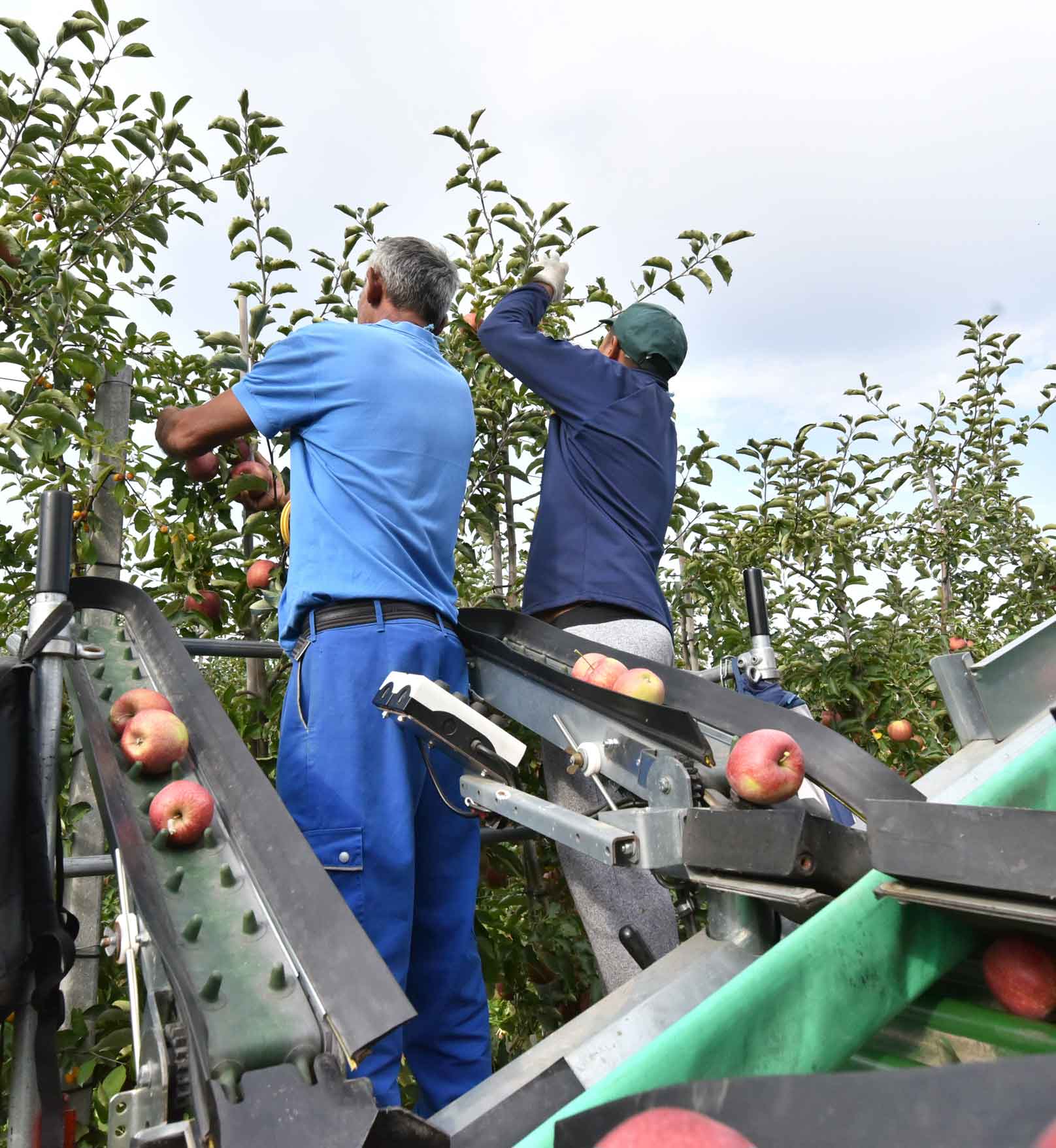Behind the Farm Workforce Modernization Act: What’s at Stake for Growers
Update
In March of 2021, the House passed the bipartisan Farm Workforce Modernization Act (FWMA), for the second time. Once again, USApple advocated for the bill and most “apple” congressional members voted for the measure.
Attention then turned to the Senate, where Mike Bennet (D-Colo.) and Mike Crapo (R-Idaho) agreed to take the lead. Negotiations began in the spring of 2021 but were paused over the summer when Democrats attempted to include work authorization language in the President’s Build Back Better (BBB) initiative. Those efforts failed and other pressing issues including the war in the Ukraine and inflation took attention away from agricultural labor reform.
USApple and our coalition partners in the Agriculture Workforce Coalition (AWC) are urging Senators Bennet and Crapo and others to resume discussions and negotiate a bill before time runs out.
In addition to legislation, USApple continues to follow and comment on regulatory proposals impacting the H-2A program. In December of 2021, the Department of Labor proposed changes to the method for calculating the H-2A wage rate. If enacted, the proposal could significantly increase the cost of the H-2A program and add additional bureaucracy and administrative burdens. USApple commented on the proposal and urged the DOL to reconsider it.
Proposals like this underscore the critical importance of passing legislation so the rules of the game are not changed from one administration to the next.
USApple will continue to advocate through the regulatory rule making process both in meetings and outreach to Congress and the administration, and in the official comment period if new regulations are proposed.
Recent Background
The FMWA provides work authorization and earned legal status for the agricultural “domestic” workforce. The legislation streamlines the H-2A guestworker program and extends access to year-round industries such as dairy. Importantly, it contains costs by capping the maximum increase of the Adverse Effect Wage Rate (AEWR) to 3.25 percent or 4.25 percent if the AEWR is not at least 110 percent of minimum wage. This is a significant improvement over the current trend of a 6 percent increase on average, with some states experiencing jumps of as much as 10 to 20 percent.
The FMWA is an important step but further improvements, specifically to the H-2A program, are needed. USApple and the AWC have shared areas of concern with our champions in the House and Senate.
The FWMA first passed in the House in December of 2019 with strong bipartisan support. USApple played an active role in the development and passage of that legislation.
Focus then shifted to the Senate where negotiations were just getting underway when COVID-19 hit, and efforts were tabled as everyone scrambled to respond to the economic and public health crisis.
Background
The U.S. apple industry is heavily dependent on migrant labor, H-2A, and H-2B workers to harvest, pack, and process apples and apple products.
Participation in the H-2A program continues to grow, with the total number of visas doubling over the past five years. Much of that growth is attributable to the apple industry. Most growers in the program report a positive experience with workers, but bureaucratic and administrative delays continue.
Legislation is needed to modernize the antiquated and expensive H-2A program and provide legal status to the existing workforce
USApple Position
USApple urges Congress to pass legislation that provides meaningful agricultural labor reform and meets the following objectives:
- Provides a stable, adequate, able, and predictable supply of agricultural labor capable of participating legally in the U.S. workforce.
- Addresses the high level of guestworker wage rates, simplifies the program and provides legal reform to remove unreasonable employer sanctions and regulatory burdens.
- Provides the opportunity for current and experienced employees to continue working in agriculture.
USApple opposes enforcement-only legislation, such as E-Verify, unless it contains viable agricultural labor provisions that address both the current and future workforce.








